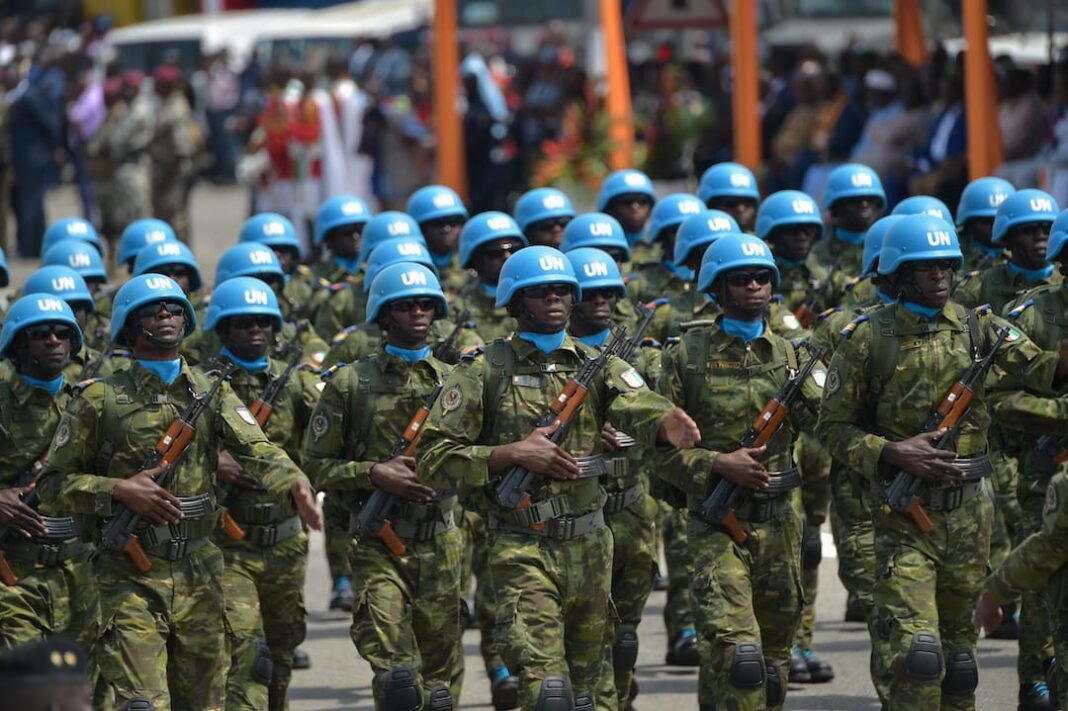United Nations, July 01: The United Nations Security Council unanimously voted on Friday to conclude the decade-long peacekeeping mission in Mali, known as MINUSMA which was established in 2013 to combat the rising threat of Islamist insurgency. However, concerns have been raised regarding Russia’s Wagner mercenary group and its alleged involvement in engineering the decision.
This UNSC decision came after Mali’s military junta’s abrupt request for the 13,000-strong peacekeeping force to leave is believed by the United States to have been influenced by the Wagner group.
In response, the 15-member Security Council adopted a resolution, drafted by France, calling for an end to MINUSMA’s activities in the West African nation.
The resolution also urged U.N. Secretary-General Antonio Guterres to collaborate with Malian authorities on a plan to transfer MINUSMA’s activities and asked Mali to cooperate fully with the U.N. during the withdrawal process.
Mali has been grappling with an Islamist insurgency since 2012, and the deployment of MINUSMA in 2013 has played a crucial role in supporting local and international efforts to restore stability.
U.N. peacekeepers have been credited with protecting civilians against the ongoing threat posed by the insurgency, which has claimed thousands of lives.
The Malian Foreign Minister, Abdoulaye Diop, expressed to the Security Council that a “crisis of confidence” exists between the U.N. operation and the Malian authorities.
Tensions between the U.N. Mission and the Malian government escalated after Mali teamed up with Russia’s Wagner group in 2021. The same group was involved in a recent mutiny against Russian President Vladimir Putin.
The United States has accused Wagner leader Yevgeny Prigozhin of orchestrating the departure of U.N. peacekeepers from Mali and claims to possess information suggesting that the Malian authorities have paid over $200 million to Wagner since late 2021.
In response, Russia’s Deputy U.N. Ambassador Anna Evstigneeva defended Mali’s decision as a “sovereign decision.”
This has highlighted the growing involvement of the Wagner group and other private mercenary armies in conflicts in many African nations. Some experts call it a cause of concern.
Concerns over Security Void
Experts are also concerned that the security situation in Mali could deteriorate further once the peacekeeping mission departs, leaving the under-equipped Malian army alone along with only about 1,000 Wagner fighters to combat militants controlling vast territories in northern and central Mali.
With the expansion of the Islamic State, Boko Haram, and Al-Qaeda’s influence in the African Sahel region, the withdrawal of the UN Peacekeeping Mission from Mali raises serious concerns not only for the country and region but also for international peace and stability.
Experts fear that this could provide a fertile ground for the resurgence of another ISIS-like Islamic Caliphate.
As the MINUSMA mission draws to a close, the international community needs to watch the ramifications of this decision on Mali’s security landscape and the broader global implications it may have on the fight against terrorism in the region.






